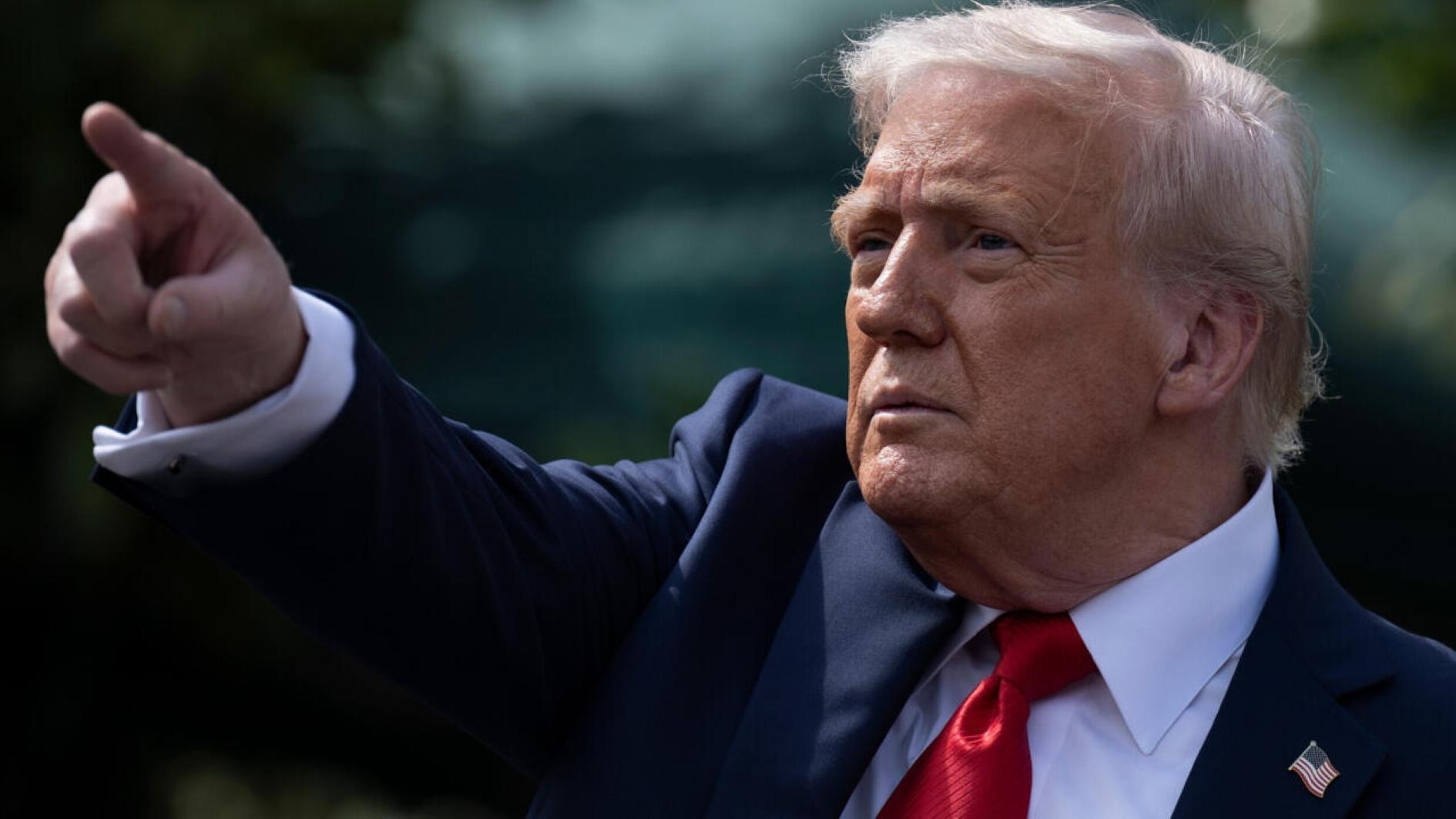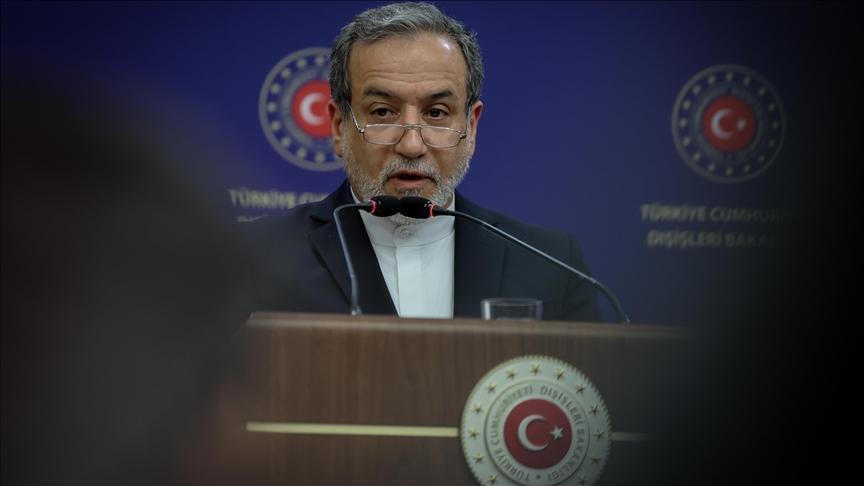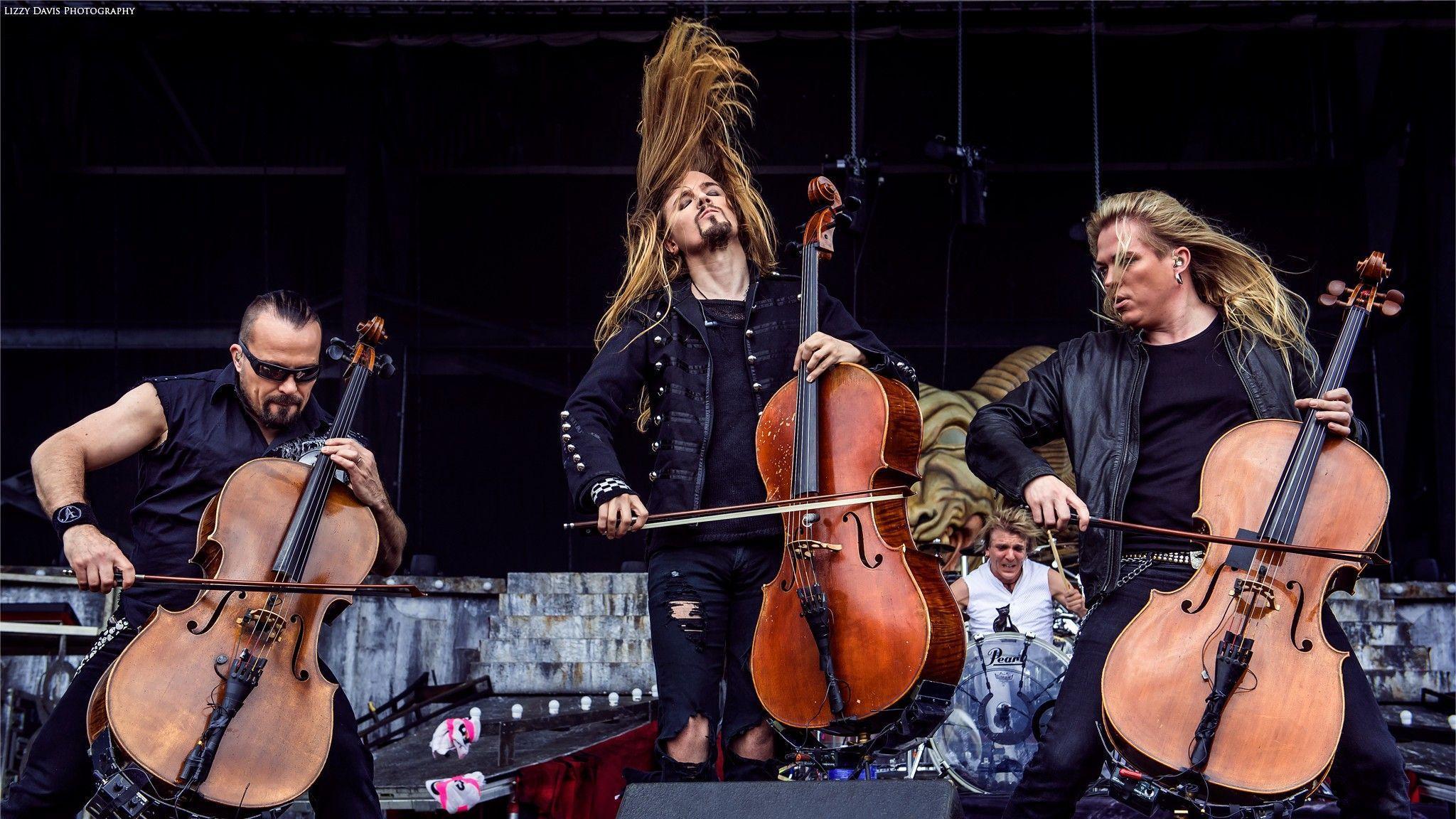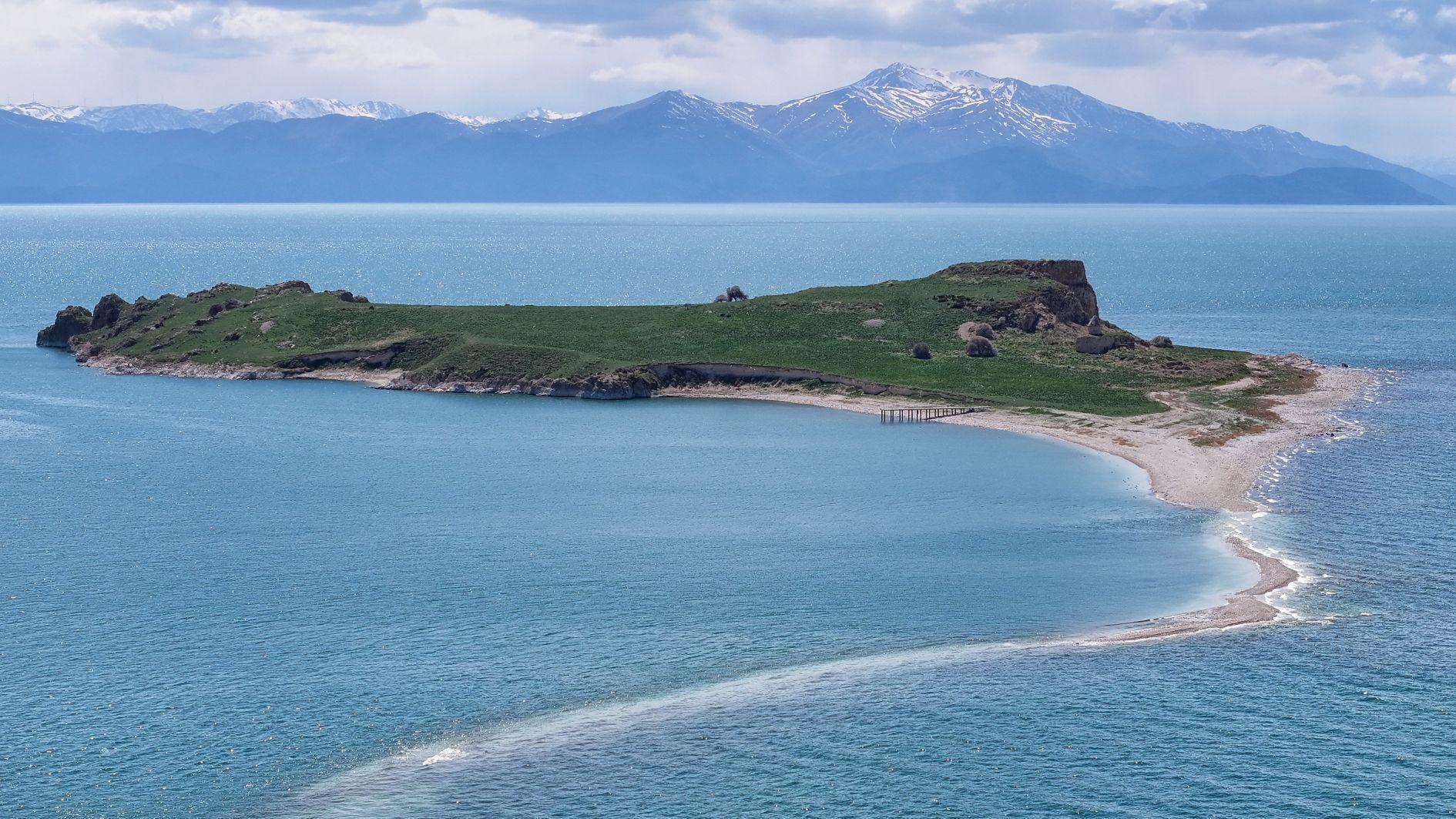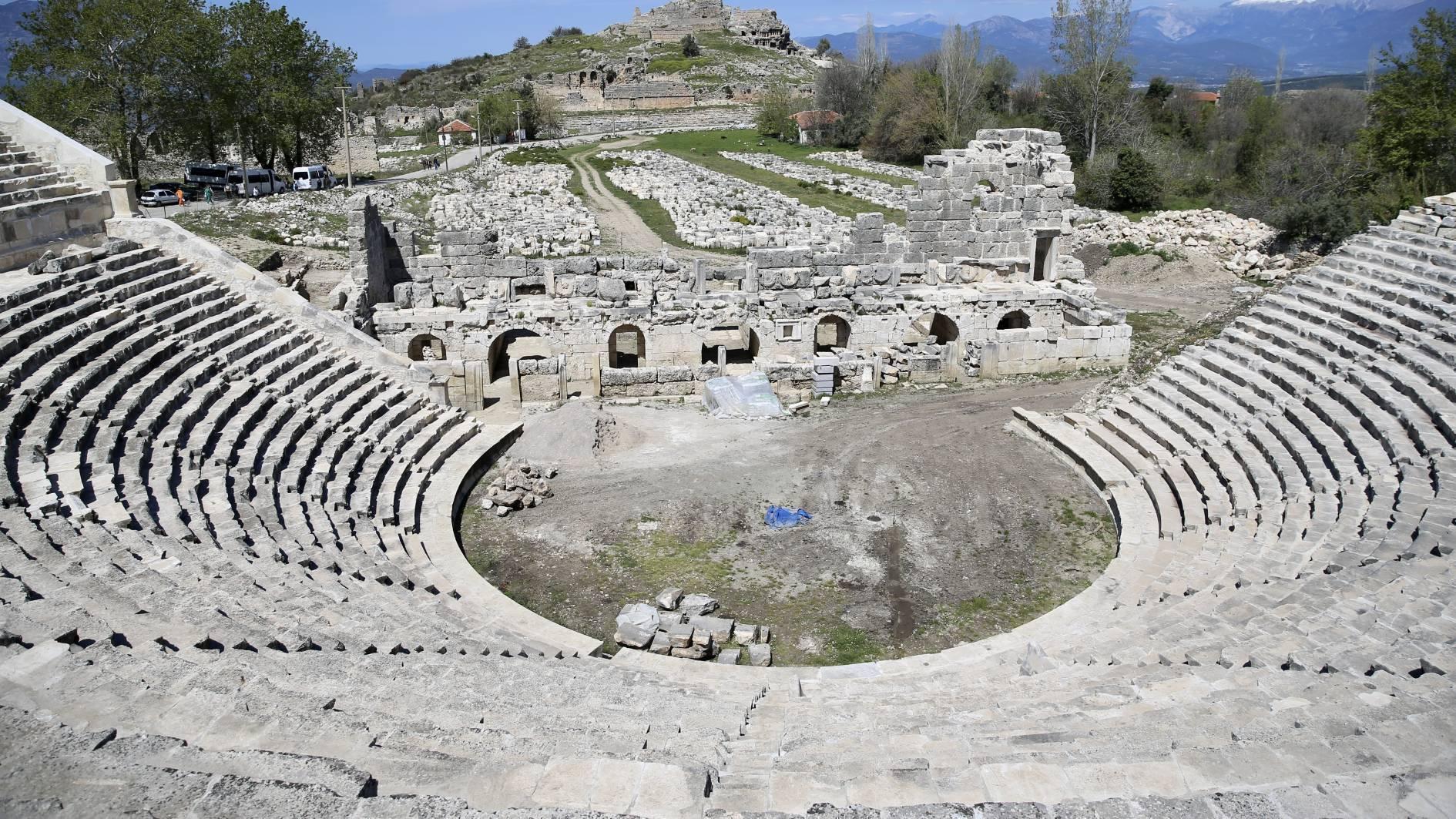Youth from east and west tell their stories
ISTANBUL- Hürriyet Daily News
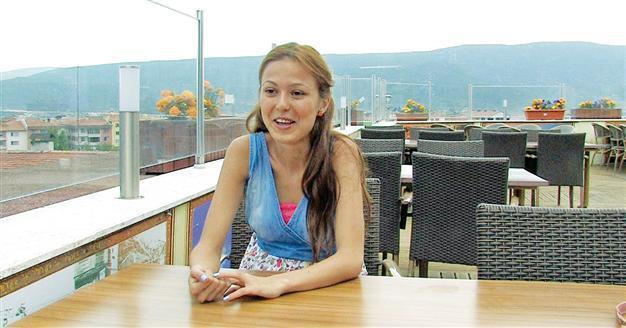
This picture show one of the project’s 100 participants Buket.
A recent oral history project involving young people from Turkey’s eastern province of Diyarbakır and western province of Muğla shows how the country’s youth from different regions see each other.Conducted by anthropologist Leyla Neyzi from Sabancı University’s Faculty of Arts and Social Sciences, the project involved some 100 young people from Dicle and Muğla universities.
“We found young people in Diyarbakır who were willing to speak. They really do want to have their voices heard. They wanted to address in particular the ‘west,’ which is a non-Kurdish population, whom they say did not experience the war in the southeast or its aftermath. They strongly feel that this difference in collective memory and these differences in experience result in a lack of understanding and lack of empathy concerning the Kurdish experience,” Neyzi said.For young people in Muğla, the past is about economic deprivation and a lack of modernity, Neyzi added.
“They speak of their parents and grandparents. The young people we spoke to came of age at a time when advancements in tourism transformed particularly the coastal regions.”
Defining history
Neyzi said two sets of interviews were conducted with some 100 young people between the ages of 15 and 35. “Oral history is conventionally associated with the elderly. In this case, we were interested in how young people constructed a past they did not necessarily experience directly. How do young people in Turkey define history? Through what sources do they learn about the past?”
Project curator Önder Özengi said, “We have noticed in this project that regardless of where they are from, from the west or the east, young people nurture a concern for the future in terms of economic standing. Even though for some young people from Diyarbakır a political dimension emerges as a priority to some extent, again, economic problems and concerns for the future are intense.”
Hüseyin from Muğla, 23, was born in Silvan, an eastern province of Turkey at the heart of the Kurdish issue. “One thinks at one point, who will pay for what I had to go through?” Hüseyin said. “Silvan, during and after the ‘90s, was horrible; I can never forget the sound of gunshots. Silvan was an intensely political place; it was a place caught in the triangle of Hizbullah, the PKK and the state. I became aware of what was going on around my junior high school years.”
Ali from Diyarbakır, 35, said of his experiences: “When my classes were finished at school, just like the rest of my friends, I would sell simit and börek to make money. I used to listen to a cassette by Şivan Oerver [a Kurdish singer]. My mother would tell me, ‘Dearest, please do not turn the volume up. Don’t turn it up. Nobody should hear it.’ There was a lot of fear in the air.”
The project was supported by the Open Society Foundation (Açık Toplum), the Henrich Böll Stiftung Foundation and the Istanbul Policy Center. More details on the project can be found on their website: http://www.gencleranlatiyor.org. An exhibition containing the stories collected will open at Hamursuz Fırını’s Kuledibi Şair Ziya Yokuşu on Oct. 30. It will continue until Dec. 29.


